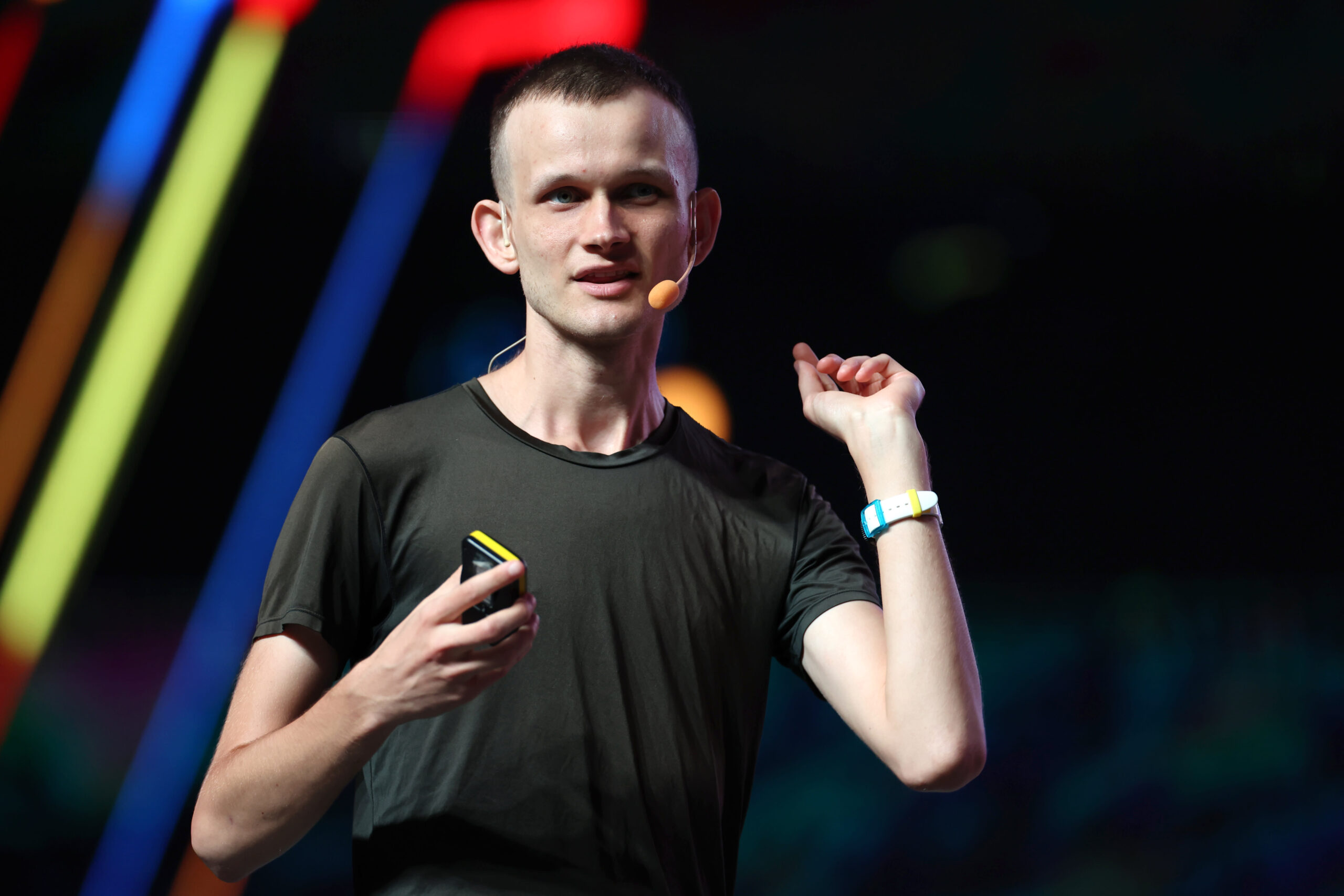
Vitalik Buterin, the co-founder of Ethereum, recently sat down with CNBC’s MacKenzie Sigalos in Prague to discuss various topics related to cryptocurrency. One of the key points of discussion was the growing crackdown on crypto in the US, and Buterin suggested that developing countries would keep the crypto revolution going.
Buterin expressed concerns about visiting certain countries, including his homeland of Russia, due to the increasing crackdown on crypto and its developers. He highlighted the case of the creators behind the open-source protocol Tornado Cash, who are facing charges in the Netherlands and the US. This crackdown has made Buterin a pseudo-outlaw in certain jurisdictions.
Despite the challenges, Buterin finds refuge in Prague, a new hotbed for cryptocurrency enthusiasts and programmers. The city has attracted like-minded individuals who are looking to change the world through cryptography-powered technology. In this vibrant community, Buterin continues to work towards his vision of a world where cryptocurrencies provide equitable access to money for everyone, regardless of their background or location.
Buterin believes that cryptocurrencies have the greatest utility in emerging economies. He cited examples of lower-income countries finding value in making payments work and having access to the international economy. He emphasized that addressing these basic needs is crucial before moving on to more abstract concepts like decentralized social media.
While the US has been cracking down on crypto, Buterin has been focusing on developing markets around the world, including Africa and Argentina, where he sees tangible use cases for cryptocurrencies. He highlighted the popularity of crypto in Argentina, where he even gets recognized on the streets more often than in San Francisco.
To achieve widespread usability, Buterin believes that crypto needs to move away from centralized entities and become more decentralized. He expressed concerns about centralized exchanges being vulnerable to external pressures and corruption. He stressed the importance of writing better code to improve user experience and enable regular people to use cryptocurrencies without the need for technical expertise.
Privacy and security are also top priorities for Buterin. He emphasized the need for secure wallets and the protection of user funds. He also mentioned the importance of developing a national digital currency that provides ease of use while maintaining privacy and security.
Overall, Buterin remains dedicated to his vision of a decentralized and equitable financial system facilitated by cryptocurrencies. Despite the challenges and crackdowns, he believes that developing countries will play a crucial role in keeping the crypto revolution alive. With his outsized role in Ethereum, Buterin hopes to contribute to a future where cryptocurrencies provide value and accessibility to people worldwide.






